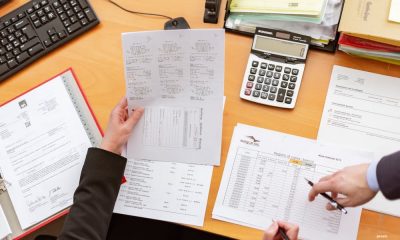New Zealand
Financial Literacy in Children
The OECD has recently released the results of a survey of financial literacy skills and knowledge for 15 year olds in its member countries.
Overall, New Zealand students have a relatively high level of financial literacy when compared with other countries, with 1 in 5 having advanced skills and knowledge.
The OECD has recently released the results of a survey of financial literacy skills and knowledge for 15 year olds in its member countries. Overall, New Zealand students have a relatively high level of financial literacy when compared with other countries, with 1 in 5 having advanced skills and knowledge.
Financial education is now more widely available in New Zealand schools, and only 30% of students were in schools where financial education is not available, compared with the OECD average of 48%.
The level of financial literacy is closely linked with:
- Skills in maths and reading
- Whether students have a bank account (regardless of how much is in the account)
- Gender – fewer girls have advanced financial literacy skills than boys
- Having at least one parent with a tertiary education or a skilled occupation
- Students’ experience with money matters and how often they have regular discussions with parents about money
- Socio-economic status and ethnicity
These results reinforce the need for financial education to take place both in schools and in the home environment. It would seem that schools should be focusing in particular on girls, students from low socio-economic groups and ethnic groups with low levels of financial literacy.
Within the home, it is important to give children experiences with money, to allow them to have their own bank account and make decisions about what they do with money. When they are very little, start by talking them about making choices with money.
At school age, set up a bank account for them and allow them to have money to use as they please, while continuing to talk to them. Gradually increase the amount they are responsible for so that by the time they leave home, they are able to manage a full personal budget.






